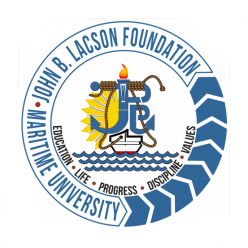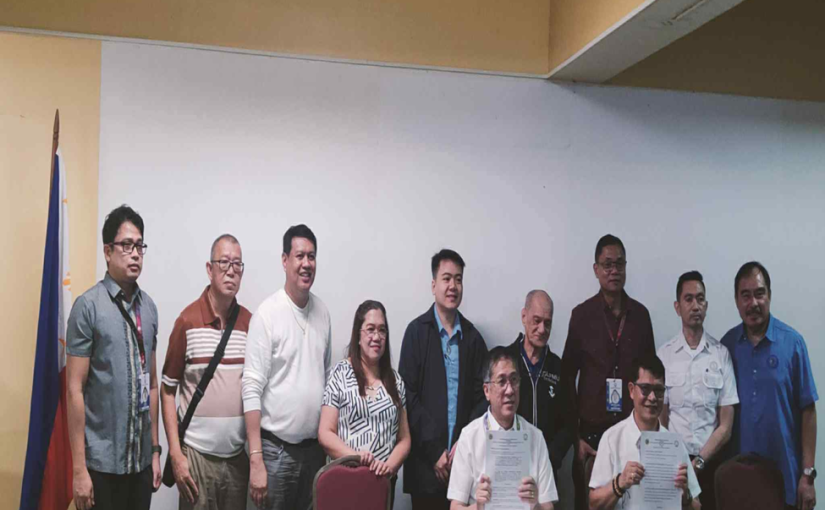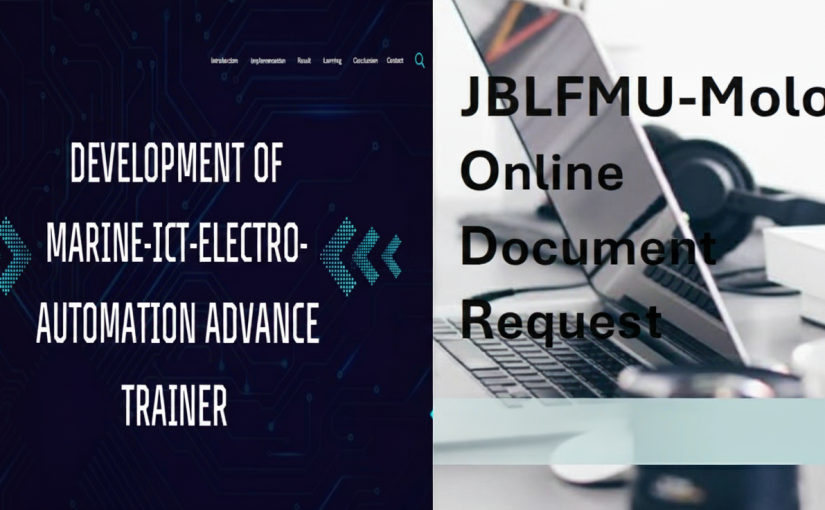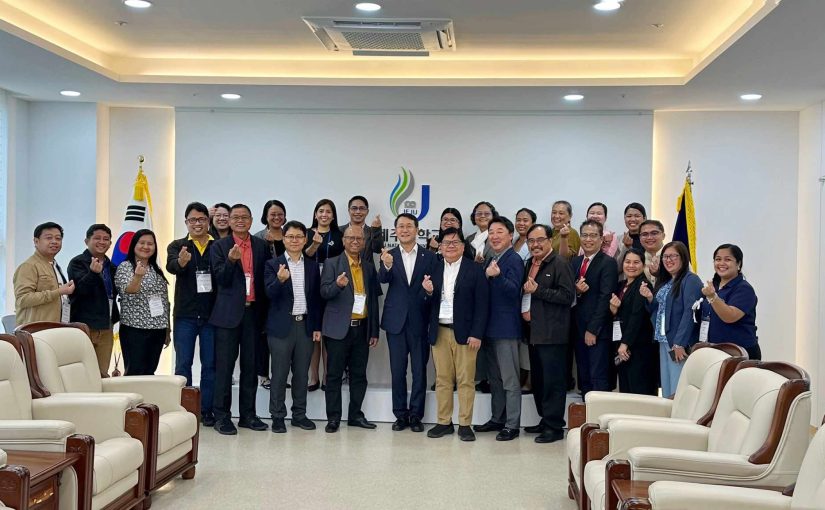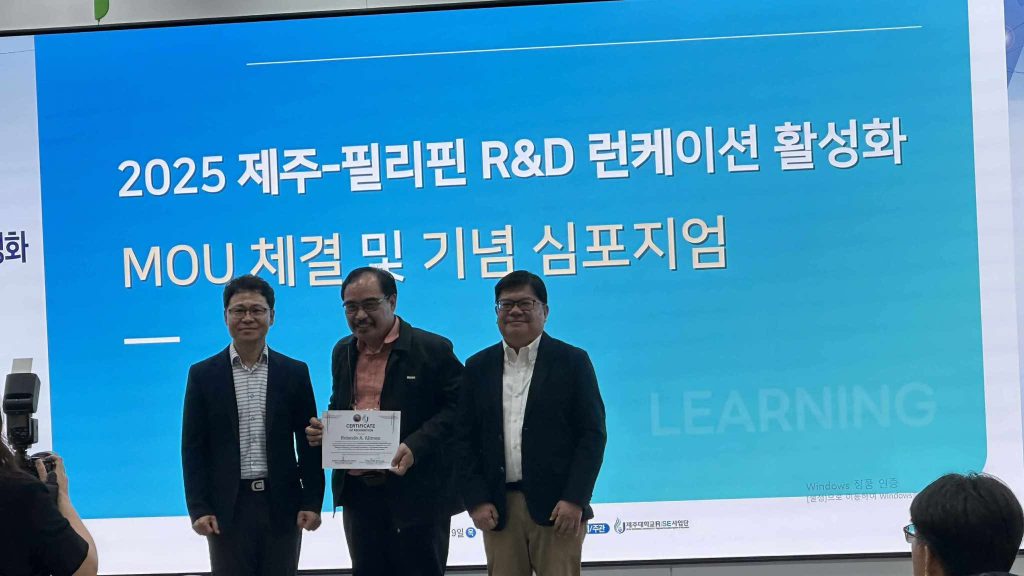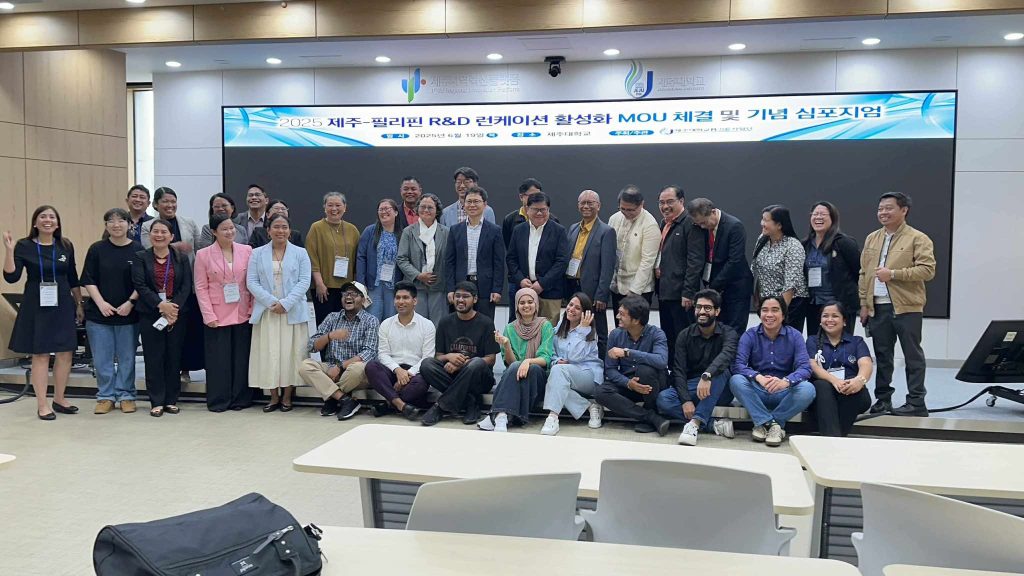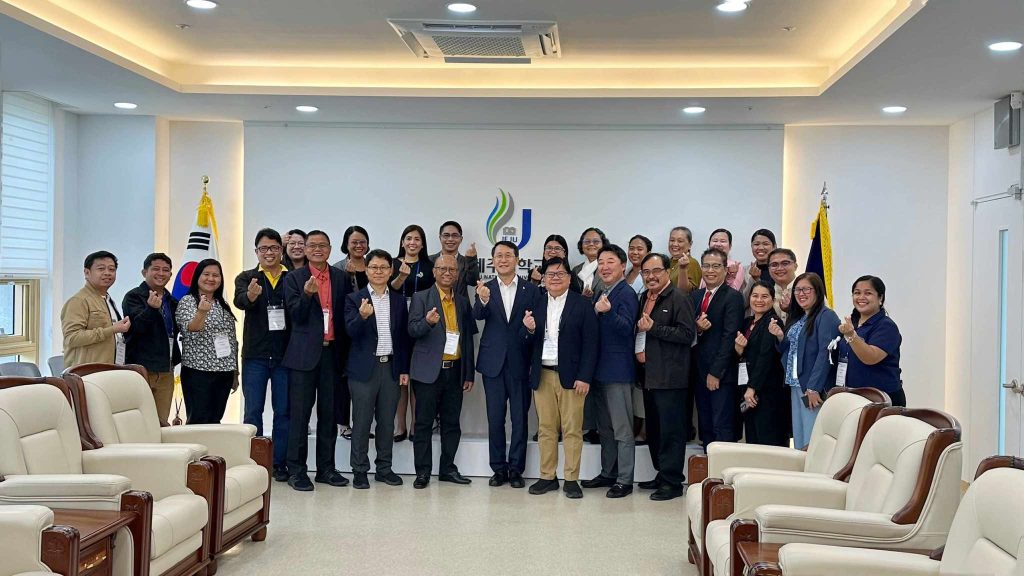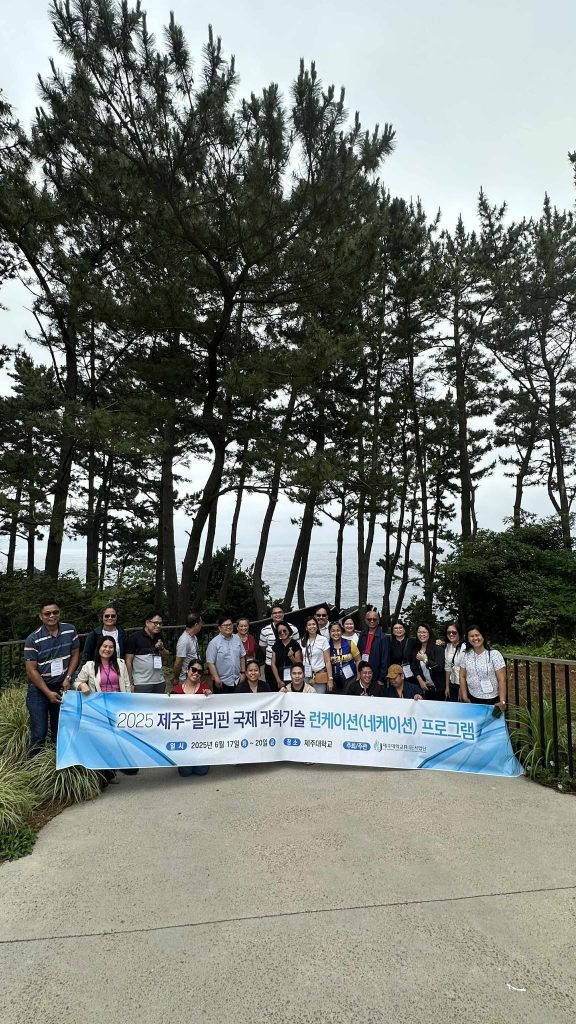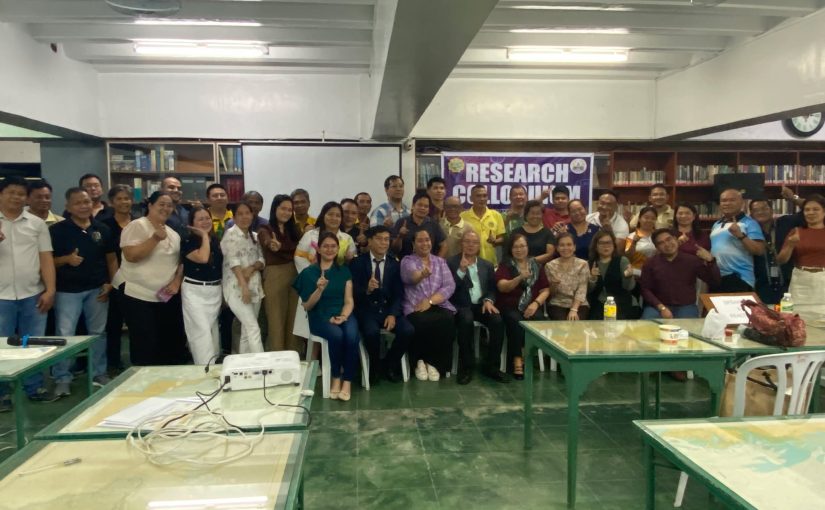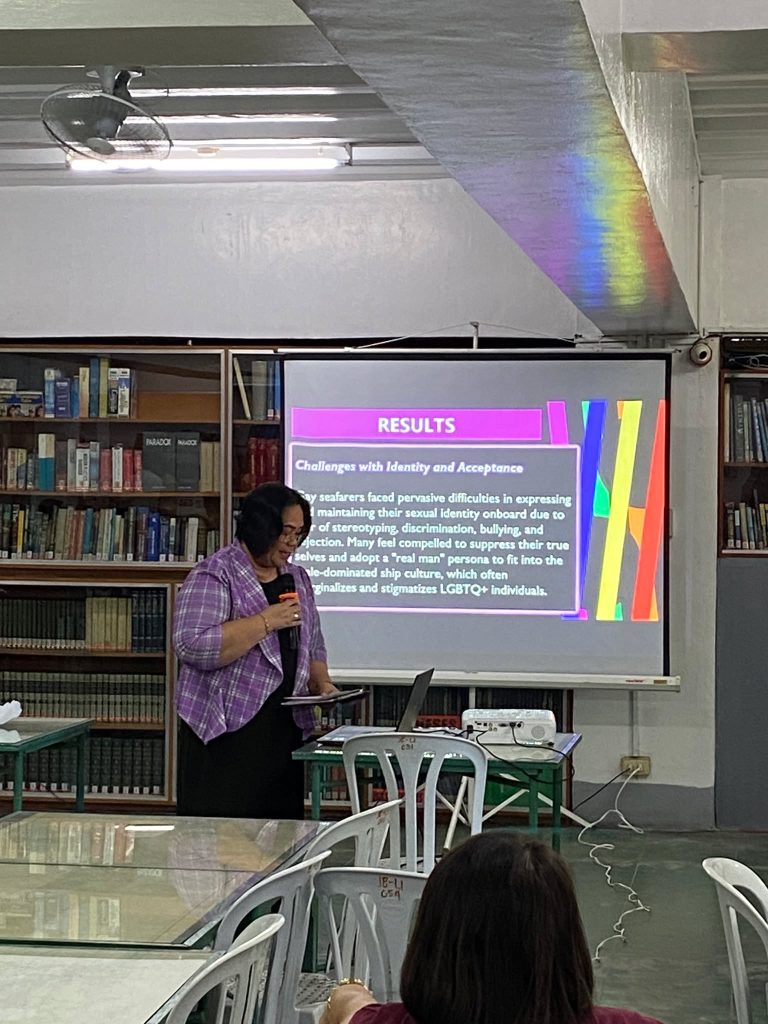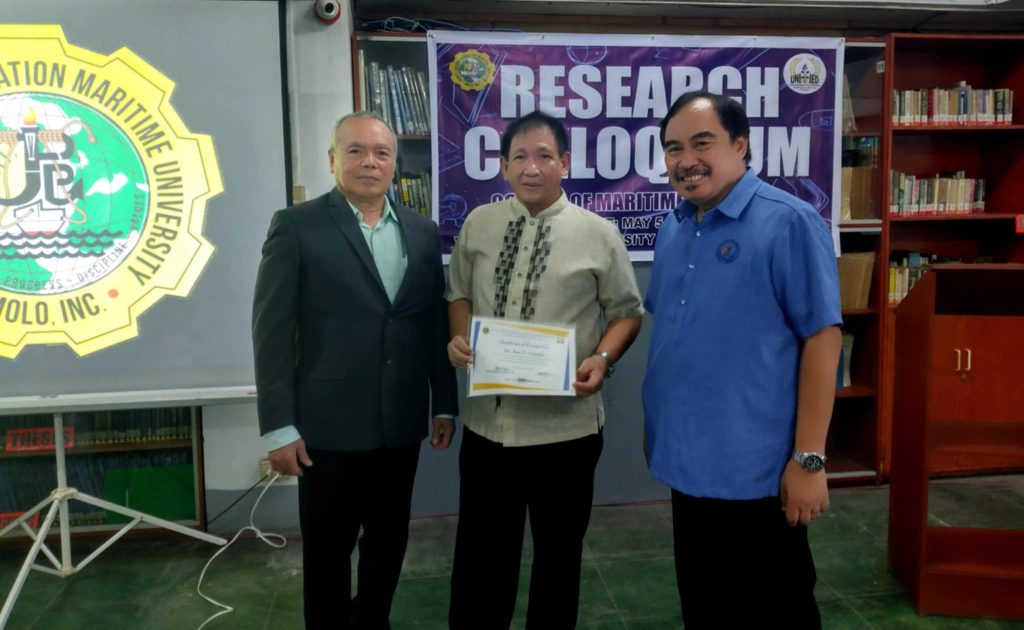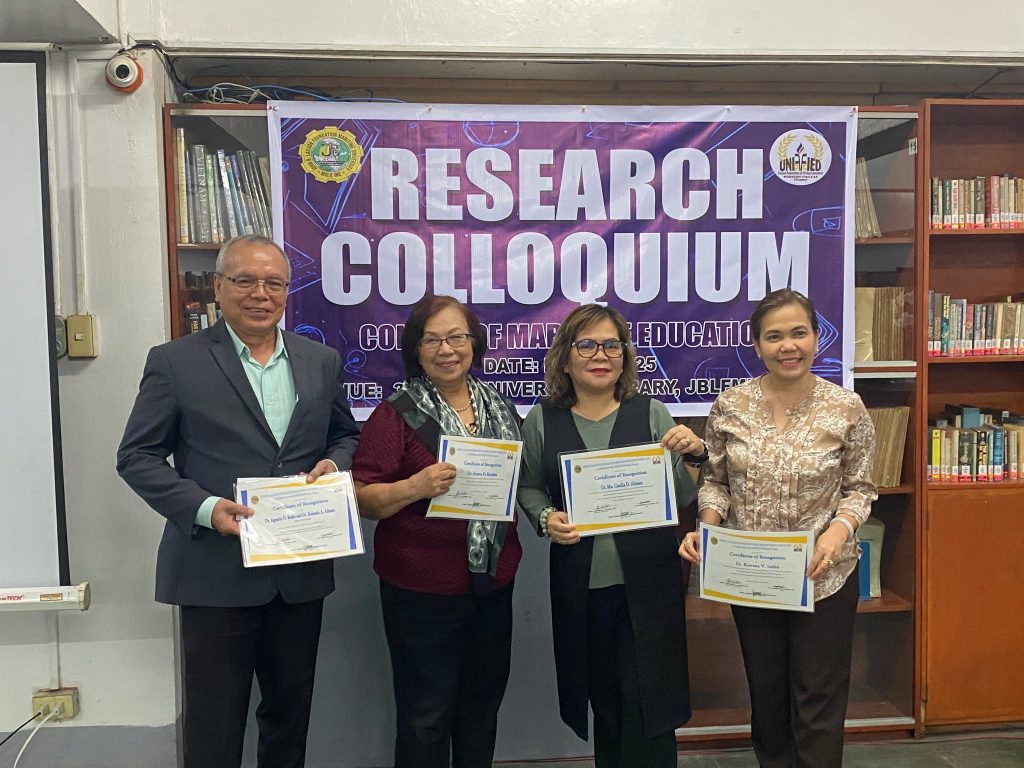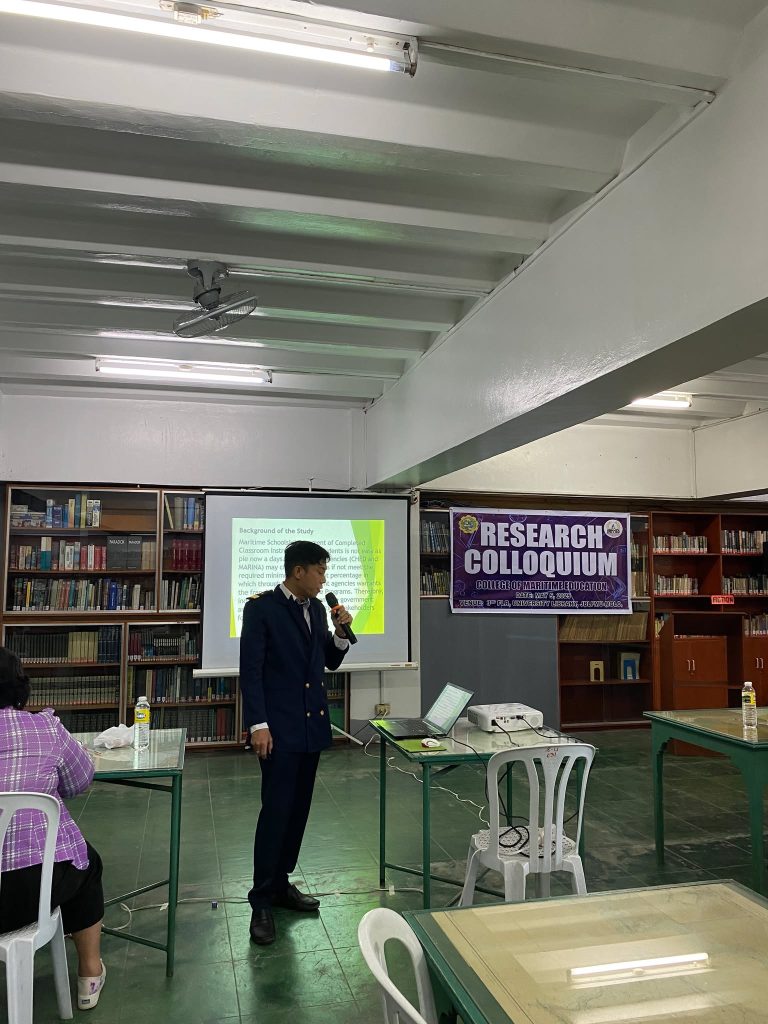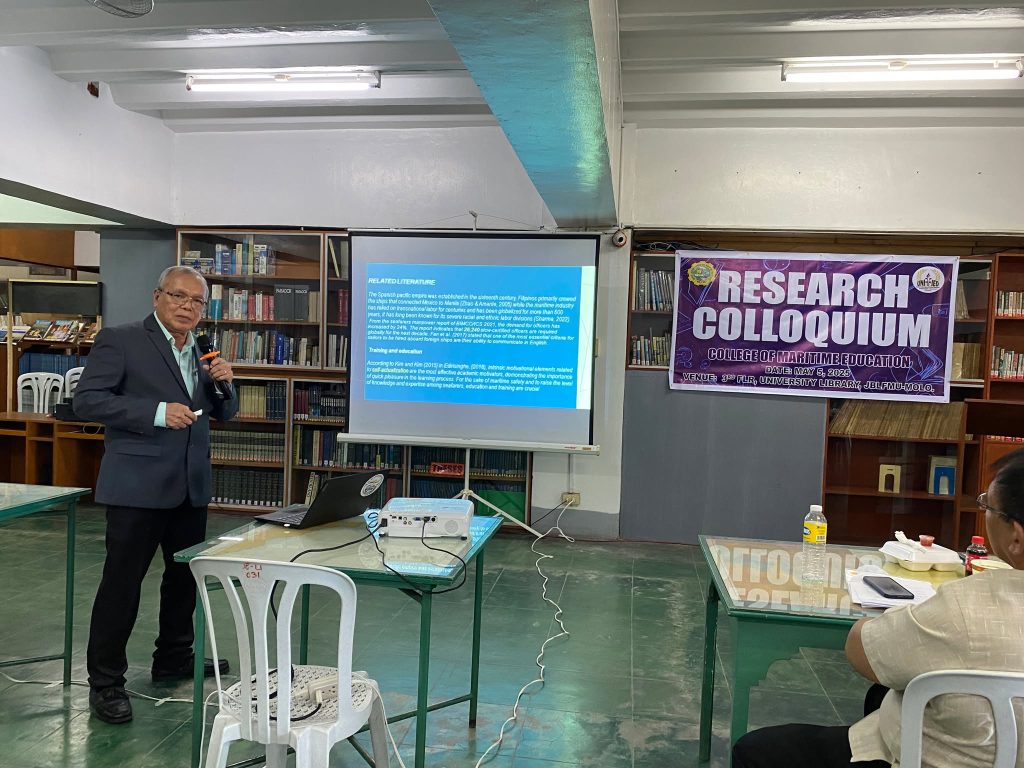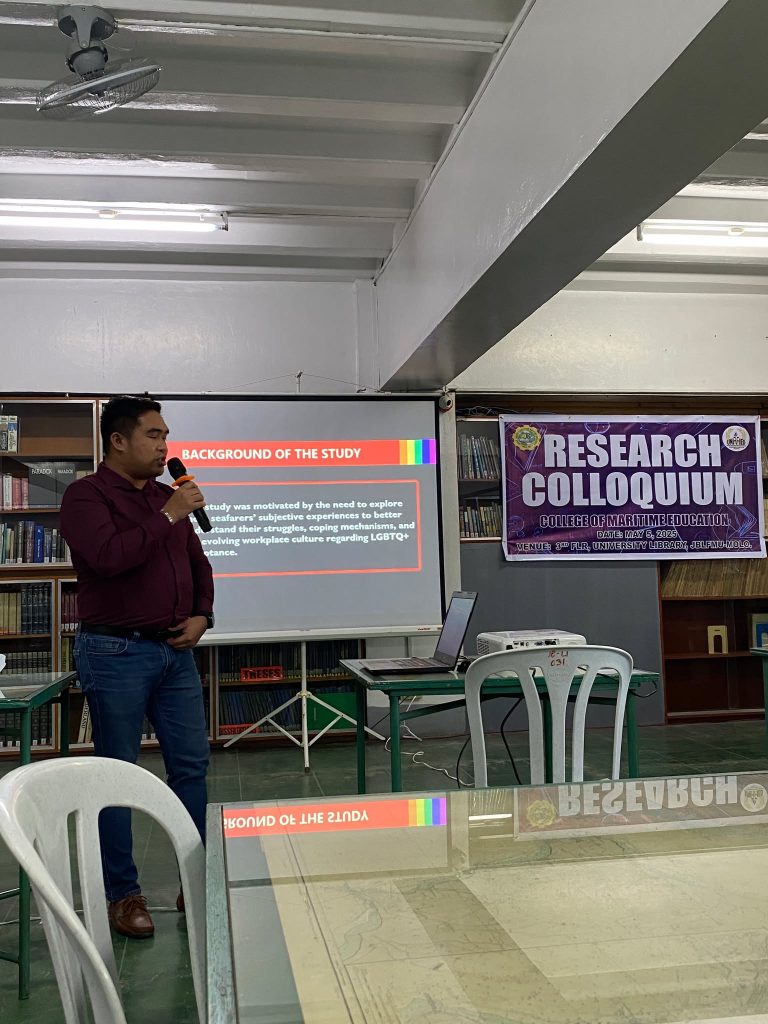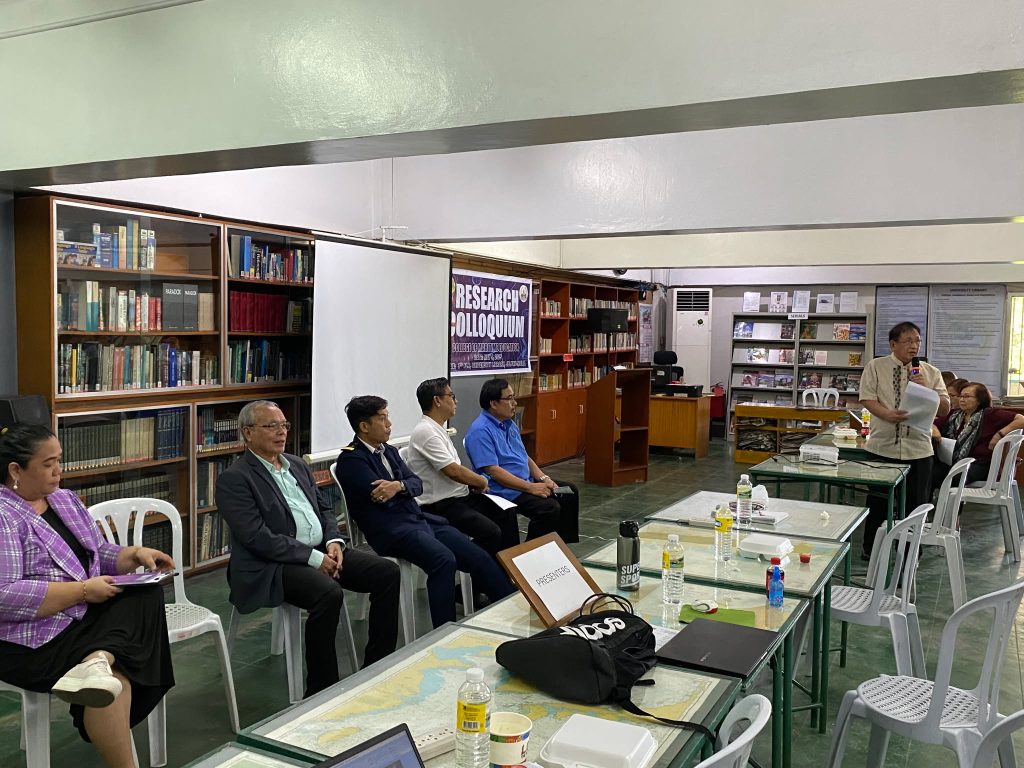The John B. Lacson Foundation Maritime University (Molo), Inc. and Northern Iloilo State University (NISU) formally signed a Memorandum of Agreement (MOA) and a Memorandum of Understanding (MOU) on August 22, 2025. at the JBLFMU-Molo Audio Visual Room, strengthening their partnership in research and academic development.
The event highlighted projects on ship heeling systems, refrigeration units for fishing vessels, and upgrades to marine sewage treatment plants. The program concluded with the official signing of the agreements, marking the beginning of the institutions’ collaborative academic and research initiatives.


